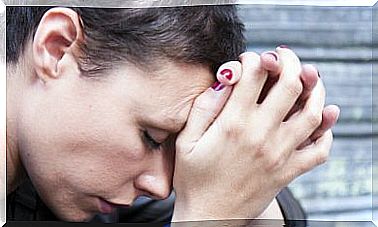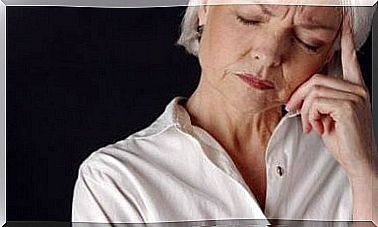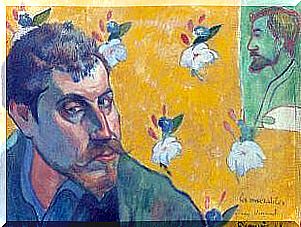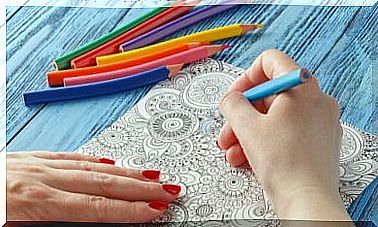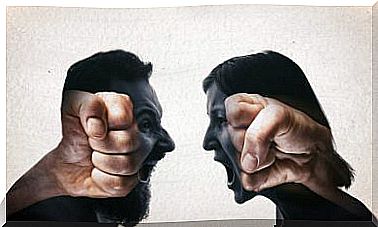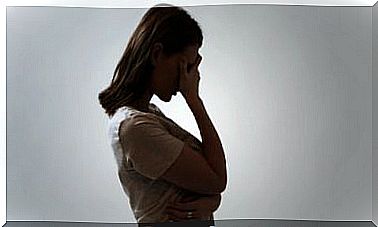Anxiety On Awakening
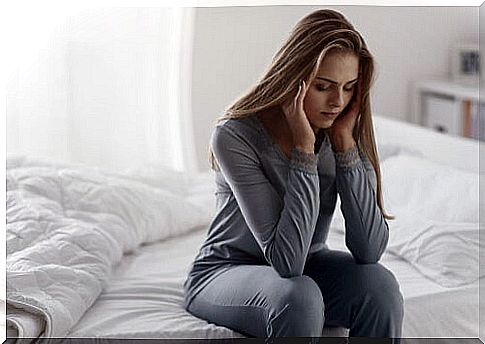
Anxiety is a difficult opponent that grants few truces. Of course, he never arrives at the most convenient time of day, sometimes being present from the morning.
Those obsessive and circular thoughts, that anticipation and that physiological activation are the first shadow that we can hit upon to see. Anxiety in the morning can condition the rest of the day, generating an intense fear of obstacles or challenges that may arise.
Anxiety upon awakening can be really limiting for a person who is not able to manage it properly. Thus, the following article gives some recommendations that, although apparently simple, can turn around a day in which only suffering is expected.
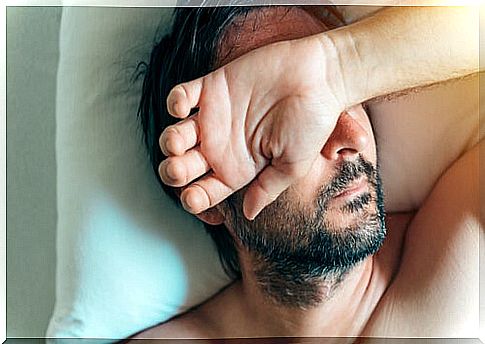
Get out of bed!
We open our eyes and feel anxiety. That feeling of unease begins that translates into physiological activation, possible desire to cry, few feelings of self-efficacy, apprehensive anticipation and, at some point, a desire not to start the day.
We could have a date with an unknown person, a party with friends, the need to do the shopping or go down to do university internships. Whatever our plans for the day, the truth is that anxiety discourages us, invites us to flee.
For that reason, it is important to stop with those catastrophic thoughts that are causing our day, as soon as it begins, to fall apart. It is no coincidence that these thoughts creep into our internal dialogue while in bed.
In fact, techniques such as “junk time” prevent the person from facing their obsessive thoughts both in the morning and at night.
Circular thoughts can be aggravated by doing an activity — lying in bed — where one cannot do anything but think. Upon waking up; when stretching; staying in bed for ten minutes half awake; people with an anxiety disorder are opening their doors and laying a red carpet for this emotion, inviting it in.
If you begin to detect signs that indicate that our anxiety is increasing, it is time: get out of bed.
Change of plans: the same plans
Avoidance, as a strategy, is only going to make the anxiety increase in intensity. These situations do not have to be specific stimuli that always elicit activation, such as a snake or going to the dentist. Anxiety may suggest that we not go to these university practices, for example, since our looping catastrophic thoughts and our low mood tell us that we will not be able to overcome the challenges of the activity.
Through the anxiety-avoidance-anxiety mechanism, the person can choose not to attend these practices; But that will not reduce anxiety in the long term, although surely in the short term; It will encourage us to feel anxious the next time we have to go to the practices – we have not falsified those catastrophic thoughts about them, because we have not exposed ourselves to the situation; And it will further undermine our mood by not having achieved our goal for the day.
In this way, although getting up with anxiety is difficult, not carrying out our activities will make the situation even more difficult. If we have a day full of activities / obligations and we do not comply with any, these will only pile up.
The best thing to calm anxiety is to expose ourselves to what scares us, even feeling anxiety. Often, in reality, the obstacles we imagine are less difficult than we anticipate or are less vulnerable to them than we think.
Coffee, without milk and without coffee
Although in the morning we can have the routine of drinking coffee and eating a cake, the truth is that caffeine is a stimulant that increases the heart rate – a physiological manifestation that we can confuse with anxiety.
Caffeine can be very positive to get the body going, but it can work against us when we are activated. We do not want to promote that tachycardia, which can then have a cascading effect on increased breathing, sweating, and, in general, those physical symptoms of anxiety that sometimes scare so much.
For this reason, anxiety upon awakening should be a sign that, that morning, coffee may not be the most recommended drink for us. Susan Bowling, a psychologist at the Women’s Health Center, refers to the relationship between coffee and anxiety as follows:

Vanity, today, is on your side
The last of the recommendations that are established to avoid that the anxiety when waking up equates to losing the day is the personal care. Care and hygiene habits are simple activities that somehow calm our mood.
When we wake up with anxiety, it is important to plan active and conscious strategies in front of it . Anxiety is mixed with catastrophic, irrational and negative thoughts that are constantly telling us that we are worthless, that we are little, and that we are not going to achieve it. We are in danger because we are not capable of not being.
In this way, fleeing from the tracksuit and putting on an outfit in which we feel comfortable, handsome and powerful can be a perfect shield against those harmful cognitions. They are simple gestures that can have a crucial impact on our feelings of self-efficacy and on that weakened self-concept.
Finally, it seems relevant to emphasize that people do not have to know how to control their anxiety.
Constantly getting up with anxious feelings can be a symptom of a disorder that a person does not have to face alone; If anxiety affects our general social, family, emotional or work functioning, it is recommended to start psychological treatment.
